


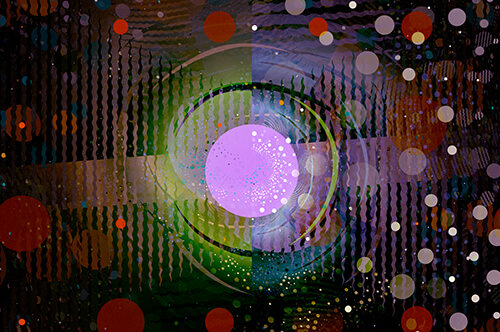
“I believe that history might be, and ought to be, taught in a new fashion so as to make the meaning of it as a process of evolution intelligible to the young.”
T.H. Huxley[1]
A House Made of Dawn is a search for a cosmology and a concurrent culture amongst the zeros and ones of our digital society, a collection of philosophical and creative works reflecting on digital aesthetics — where we are and where we are heading.
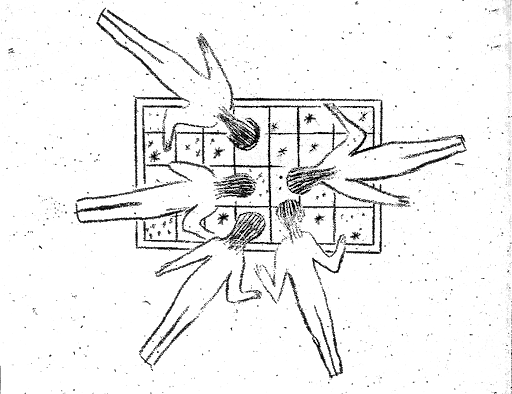
Science is a seeing that is in itself a questioning. A template for all sorts of making; surrounded and also immersed in the spectrums and the waves of the known and the unknown, we can yet be transparent to the plentitude of the world, as we ourselves are no different from the world.
AI is essentially both mechanical and natural: a hybridity of machinery inspired by how we have evolved and how our own brains, our neural network, work — or at least a rough-hewn attempt of such.
An advanced automaticity that, in advanced artificial general intelligence (AGI), will correspond to a kind of advanced intuition.
It is true that we cannot quite know what will happen when a machine exceeds our own intelligence, thus it is an unknown whether we will be infinitely helped by, ignored by, sidelined by, or conceivably destroyed by it.[3]
“All political and social institutions, all matters of human relationship, are dependent upon the means by which mind may react upon mind and life upon life, that is to say upon the intensity, rapidity, and reach of mental and physical communication.
“In the history of humankind, the great phases seem all to be marked by the appearance of some new invention which facilitates trade or intercourse, and may be regarded as the operating cause of the new phase. The invention of writing, of the wheel and the road, of the ship, of money, of printing, of letters of exchange, of joint-stock undertakings and limited liability, mark distinct steps in the enlargement of human intercourse and cooperation from its original limitation within the verbal and traditional range of the family or tribe.
“The teaching of history compels us to recognize in these new facilities factors which will necessarily work out into equally revolutionary social and political consequences.
“It is the most obvious wisdom to set ourselves to anticipate as far as we can, so as to mitigate and control, the inevitable collisions and repercussions of mankind that are coming upon us. Even if we were to suppose that this rush of novel accelerating contrivances would be presently checked,—and there is little justification for any such supposition,—it would still behoove us to work out the influence which the things already achieved will have upon our kind.”
January 1919
Herbert George Wells
The Idea of a League of Nations[4]
Incredible technology and endless knowledge is within the reach of finger swipes.
Acceleration of tech and learning continues unabated via communication machines that are more than tools - they are artifacts of potentiality. Now, smart and adversarial networks, convoluted neural networks, supervised learning - what could be thought of as a form of dialectics — these machines are forms that inform; they are informed because they can be made to remember the past and make new types of projections into the future.[5]
H.G. Wells, the influential progenitor of the science fiction form, prophesied at the turn of the previous century that we must become students of our own builds. That the harbour of our technologies which have allowed for what coherency and solidarity we may be cocooned by, needs ever greater coherency and ever greater solidarity.
The world is a communion of forces and identities whose health and vitality yet depend upon factual readings. Facts are bricks that build the rationale of consensus; they are means to hold together that which would otherwise fall apart into separateness. Facts have a habit of speaking for themselves. Put together rightly, they can compose a functioning complication that extends our work ability in time and space.[6]
Effective action is dependent upon knowledge. It is knowledge that imparts a passion of associative reveals — of the complexity and dynamics of the world. That is the good curious monkey, the young primate allured and enchanted by the interconnectedness of the world.
Facts are wedded to the rational, to the proposal that the rational can and does make sense, because - hey - this is the gravity that keeps us on the ground and placed within the cosmos.
“Progress imposes not only new possibilities for the future but new restrictions.”
— Norbert Wiener
When the World Wide Web began (1991) it was devoid of commercialism and advertisement was banned. At that time the W3 was the domain principally of academics and artists (and yeah, ok, the US military). It was a world, however, that had been prepped by decades of science fiction visions of planetary unity, and this new, extraordinary telecommunications and publishing venue was naively conceived as the beginning of a global consensus, one that prioritized the sharing of digital tools as they related to the evolvement of human civilization. Unfortunately, what has also occurred is the empowerment of monopolies, idiots, propagandists, and con artists.
Covidiots, climate change deniers, and the cult surrounding the psychotic reality TV star/ex-president, reveal shout in all-caps that far too many people are lacking in basic rationality. Questioning the importance of collective hygiene during a scientifically certified pandemic is the death of intelligence. Normalizing and empowering ignorance must be halted by all means necessary.
It is a great shame upon our civilization that scientific and rational thought (which has allowed such richness as our world) has become a bone of contention. That these fools are ultimately dependent upon technology to get their conspiracy theories out into the world, only adds salt to the wound.
So, while our democratic system further devolves into juvenile debating clubs and celebrity selfie instagram posts, knowledge is growing exponentially — a requirement as we become effective stewards of our own evolution and life on this planet.
"Today a new planetary scale of computation demands, nevertheless, a new planetary scale of politics. As the current debate on the Anthropocene points to, no political agency is possible without the recognition of a new cognitive perspective on the whole planet."
— Matteo Pasquinelli, Visiting Professor in Media Theory at the University of Arts and Design, Karlsruhe.
It was Leibniz, the founder of modern symbolic logic, who developed the system that John von Neumann would use 300 years later to build the first digital computer. Leibniz’s desire was to emulate the Visio Dei — the all-at-onceness of the vision of God. Artificial general intelligence (AGI) will usher in the singularity (knowledge exponentially beyond all current abilities) this century.
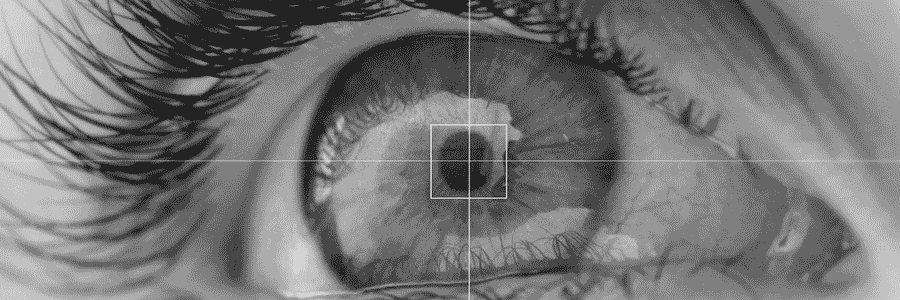
“ “Mysticism is just tomorrow’s science dreamed today.”
— Marshall McLuhan, 1969
Only a syncretic approach to these technologies, one that is philosophically based, will encourage proper use of the art and communication tools arriving in each morrow.[7]
We believe it is the duty of the citizen and the citizen artist to become cognizant of and responsible for these developments, and for society and individuals themselves to evolve in augmentation with their tools. This is not only relevant but essential for the survival and evolvement of the species.
When the illusion of individuality ends, when the fear of aphanisis (the loss of desire) is circumvented, bliss is enjoyed and experienced as the sky of mind coursing through the body as the dance of life. No reason but itself as experience, as the intoxicant of the movement/moment, and it is here that the neurochemistry of society can be engaged with in either a responsible manner, or one in which power and manipulation hold sway.
What needs to be done remains the most pertinent question. It has been asked and answered perpetually in modernity.
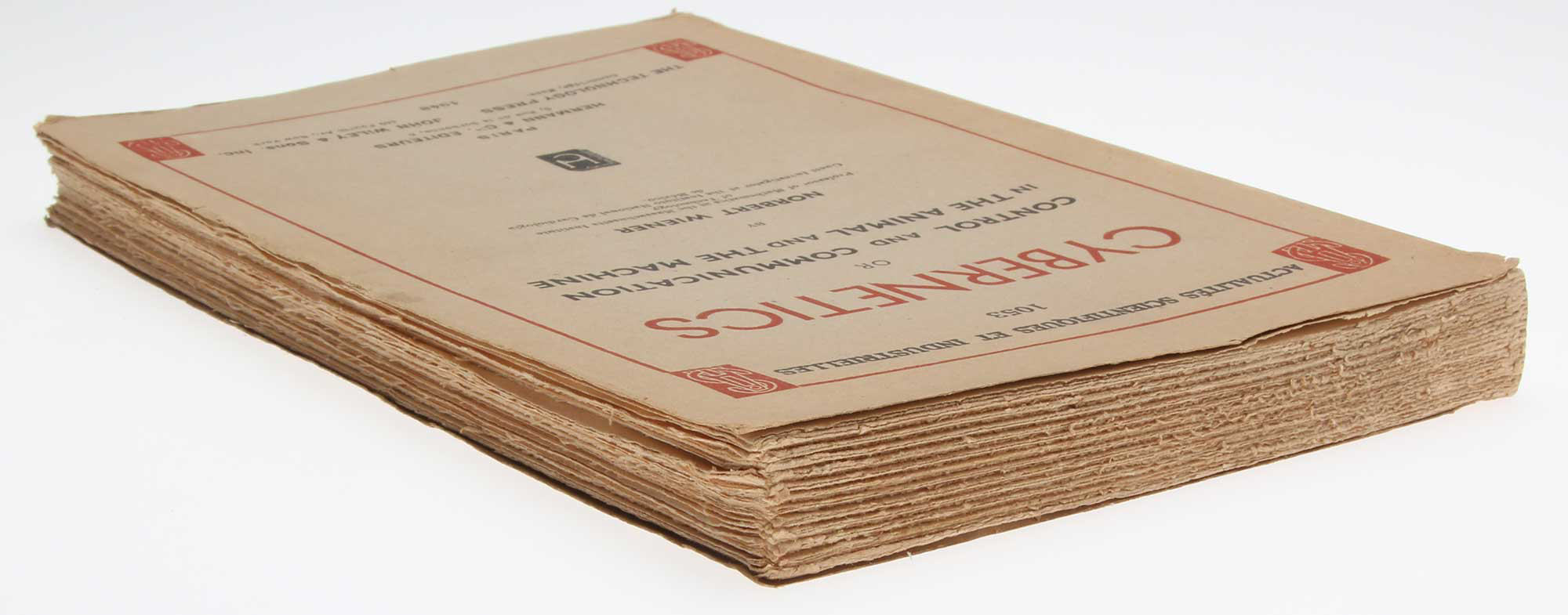
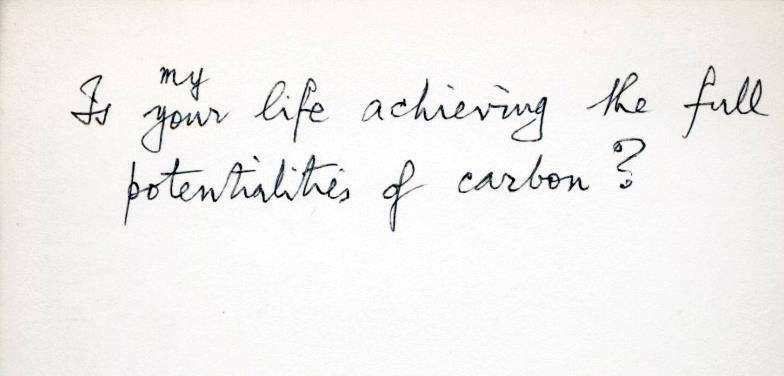
We are currently faced with our own individual and social pettinesses. It would appear that many are lost in a miasma of manipulative memes (is there any other type?), designed as neurological Pavlovian digital pathogens. Control and profiteering, the great con — business as usual.[8]
Meaning originates from the sense that what is, is shared by all. It is foundational for the structuring of civilizations. It gives story to our lives. It is, in fact, inseparable from story, from the belief machines of syncretic connections - the wearing of the world woven by the Fates.
The mythological is the actual in coded terms, and which melds the personal, the sensual, and the journey of human collectivity and human mutability.
The enemy of utopia isn’t dystopia, but oligarchy.
We are living in a time of disinformation designed to unravel what remains of a consistent and progressive world story: the Enlightenment that is an abiding in enquiry; and the demos as a means of creation and confession.
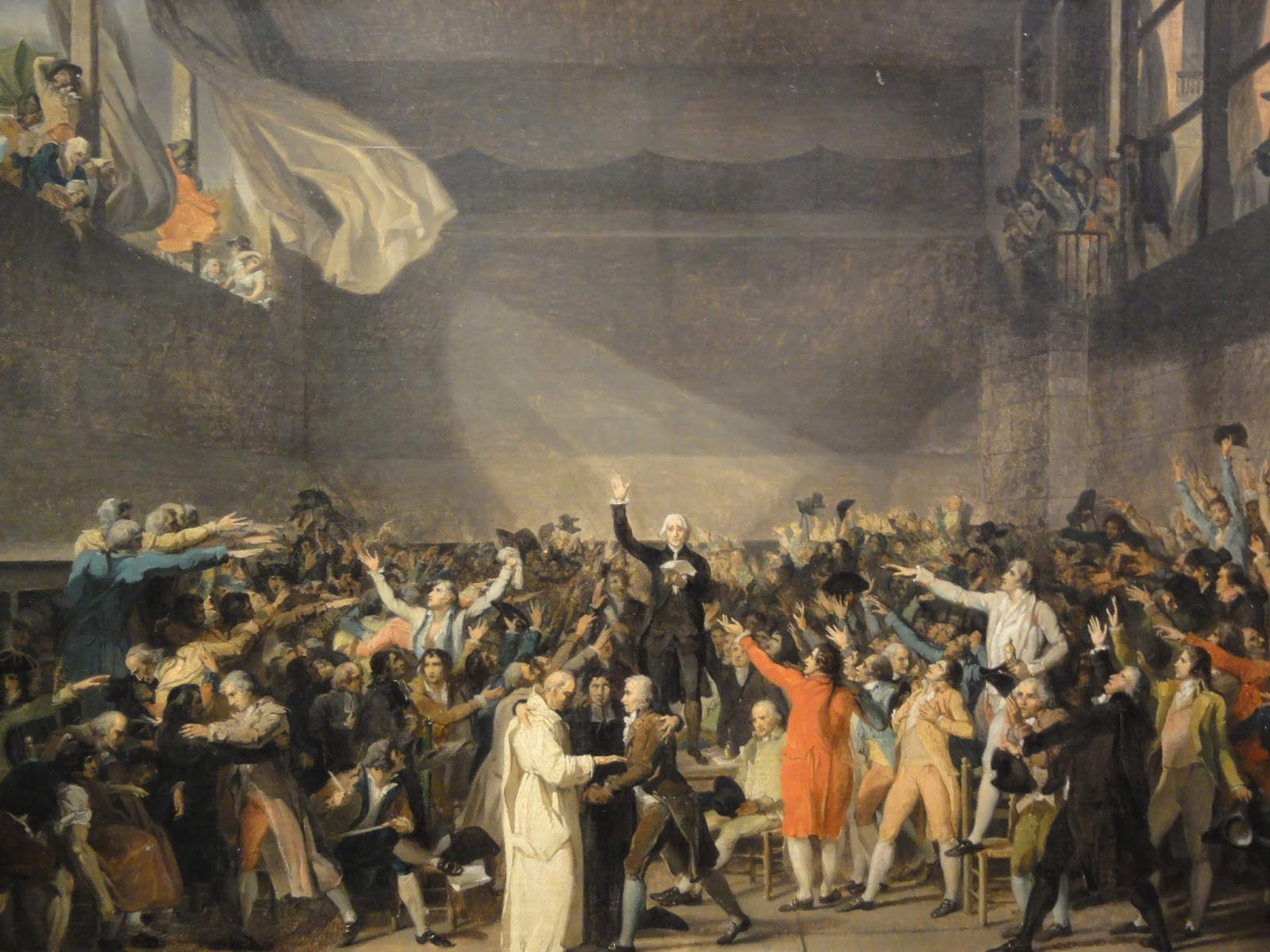
If you’ve not heard of the nihilistic machinations of Vladislav Surkov[9], an operative of the imaginative breadth and black hat humour that could only come out of the new Russia — you haven’t been paying attention. The war games of old hot and cold wars continues, restored as cyber-forged mind wars. Psychographics are proving to be a powerful force for psyops. Psych-fed and AI feedback loops, commercial and political, are social media prisons: they bolster archaic forms that keep us living in a past, a past that hampers the revolutionary applicability of our tools.
Only the educated are free.
— Epictetus
Every generation, every age and every speech act, if it is to be relevant to survival, to prosperity, and of utility, needs to uphold the integrity of language. This is the foundation of the Commons: a sharing of the word, a trusting of the word, the rule of meaning which in essence gives meaning to the world, that gives credence to the rational; this is the allowance rendering civil discourse relevant, even pursuing progress, and is what makes dynamic and successful any community.
When language is purposely polluted, when it cannot be trusted, when the tools of thought — language, rationality, legitimacy and words — fall out of meaning into gibberish, then the con is on and we have lost integrity as a society and as a civilization. When out-and-out lies of ideology or simple duplicity mutate into the machination of influence and power, then the denigrating of shared reality commences and the collapse of society begins in earnest.
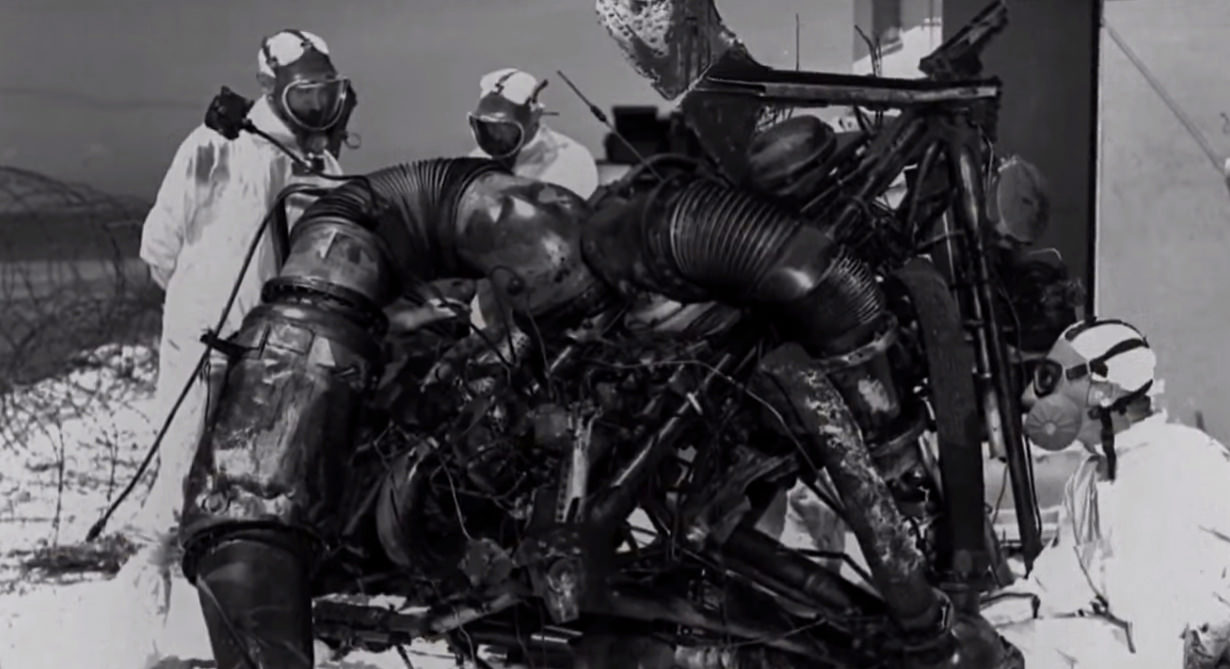
The ecological foundation, the support on which all rests, is not a homeostatic operation but the observance/engagement of the inconceivable tangled weave of evolutionary and syncretic potentialities. This is also a description of art: the possibility of accessing the unknown, the cloud of immense value, the source of the transformative.
In 1911, the Ukrainian scientist Vladimir Vernadsky coined the term “noosphere” to describe the third stage of evolutionary development on the planet.
First there was the geosphere, the layer of minerals around the globe. Then, the biosphere, the layer of organic life. And now, the “noosphere” – the sphere of human thought that shapes our world.
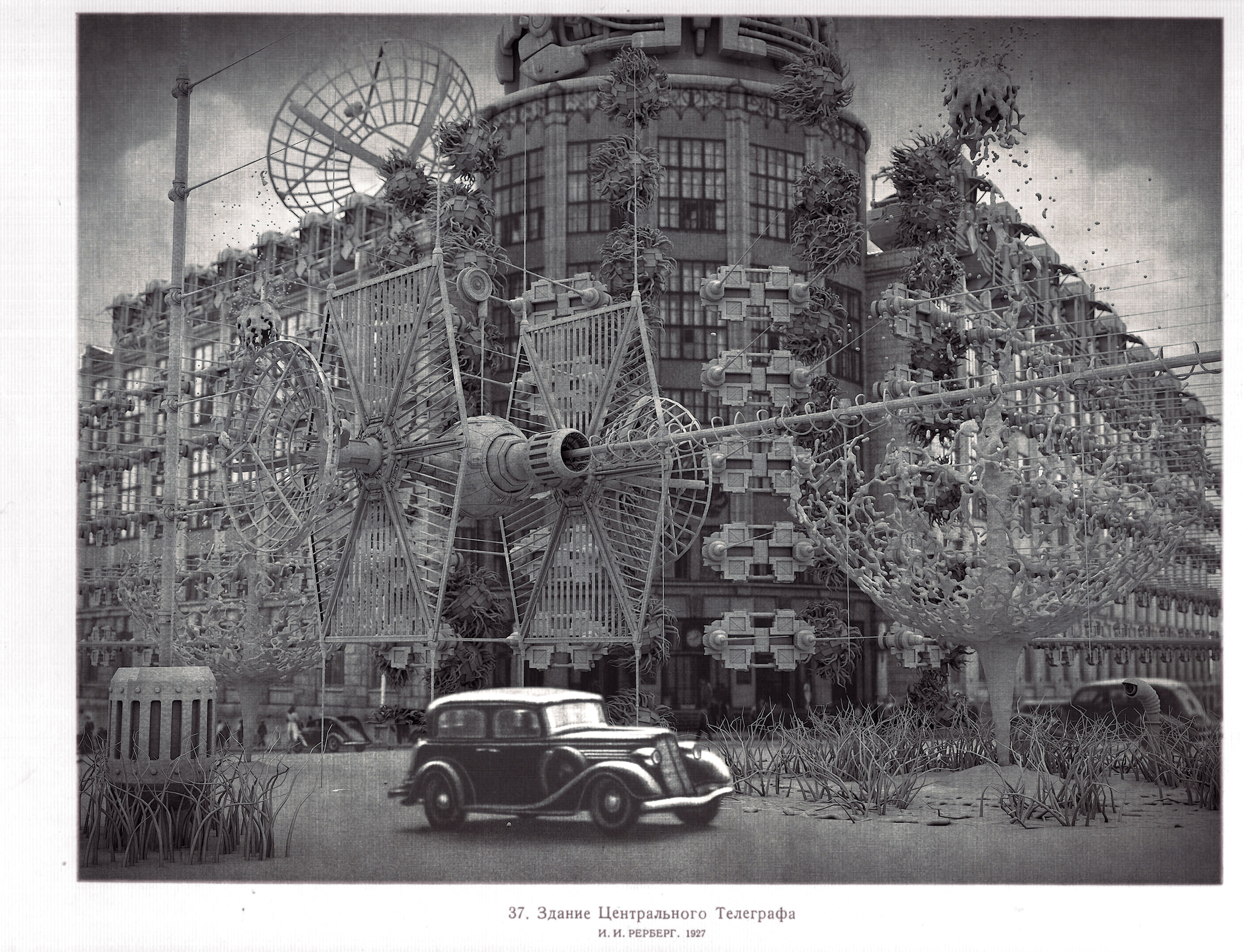
We are being presented with our personal and collective data in a way that mirrors a misunderstanding of that data, a commercial weaponization. An error that can be conceived of as a willful, strategic ignorance fabricated from a thoroughly callow, or perhaps simply ignorant, response to the worth of our social commons.
Data is, and always is, a container within a much larger container — and yet there is a base, a foundation upon which it rests.
The first artificial intelligence: human culture.
Our language has changed — our programs transfigure any differences, and the intersections of those differences will become a perpetual mediation reaching towards the endless unknown.
That AlphaGo has beat the best of Go players reveals that AI deep learning has eclipsed human pattern recognition capabilities. Some AI experts say that even they are at a loss as to the intricate labyrinth that the neural net has formed to come up with a particular answer. The models that the learning machine has created are approaching the endless factors of contingencies that is the world itself.
“It’s not a human move. I’ve never seen a human play this move. So beautiful.”
Fan Hui, three-time European Go champion on the drastic and startling move by DeepMind’s / Google’s AlphaGo winning play in Game 2, Move 37 against Lee Sedol, one of the world’s best Go players.
British mathematician Irving Good back in 1965:
“Let an ultraintelligent machine be defined as a machine that can far surpass all the intellectual activities of any man however clever. Since the design of machines is one of these intellectual activities, an ultraintelligent machine could design even better machines; there would then unquestionably be an ‘intelligence explosion,’ and the intelligence of man would be left far behind. Thus the first ultraintelligent machine is the last invention that man need ever make, provided that the machine is docile enough to tell us how to keep it under control.”
“At last gleams of light have come, and I am almost convinced (quite contrary to the opinion I started with) that species are not (it is like confessing to murder) immutable.”
— Charles Darwin
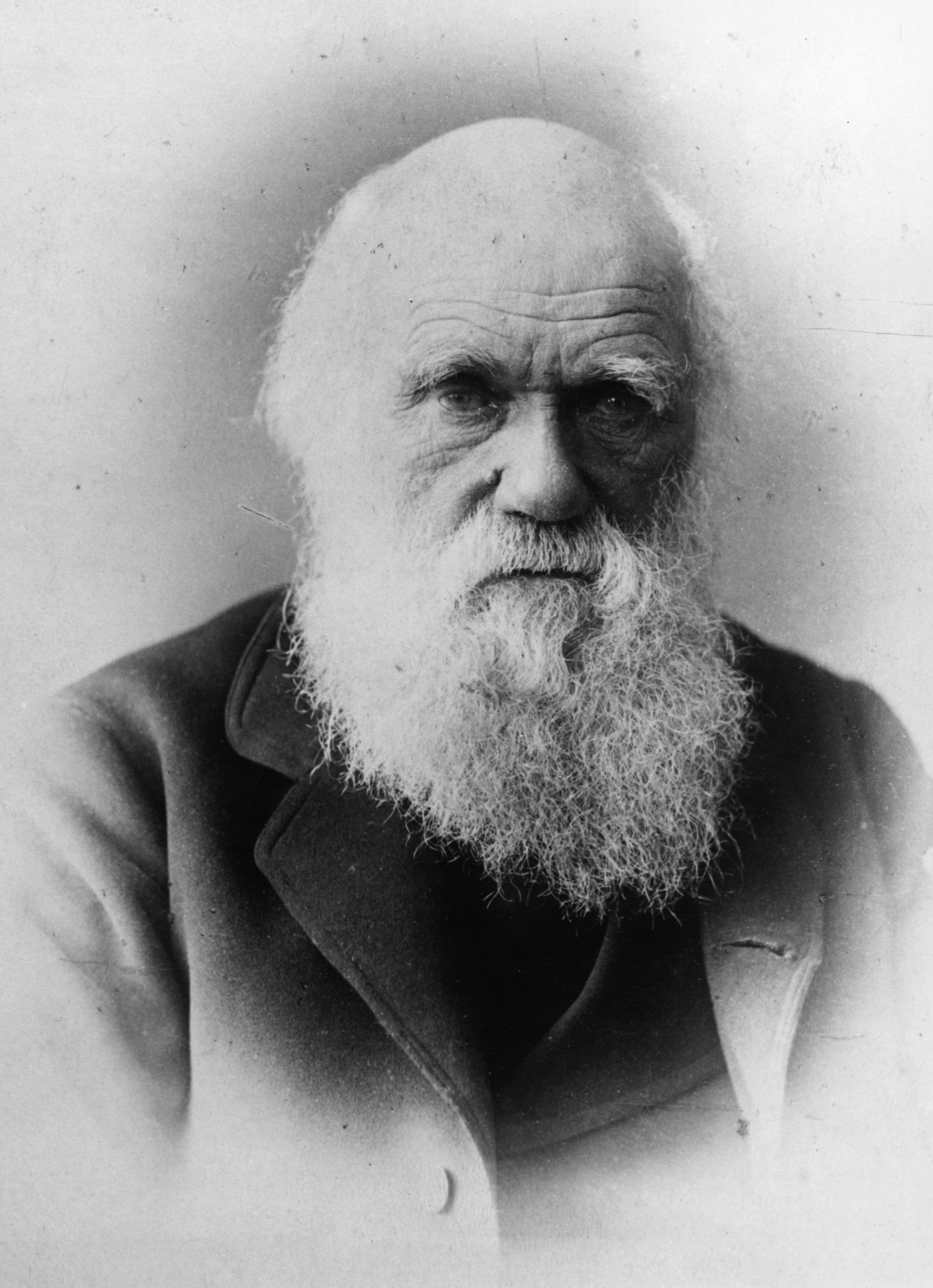
AI is soon ready to accelerate the human beyond the human — a choice for our own evolvement, is merging with such crystalline capabilities.[10]
Gaius Plinius Secundus (AD 23–79)
Protogenes just could not get the right combination of colours to convey the foam coming out of a panting dog’s mouth. The painting was done, finished but for this crucial detail. Annoyed beyond endurance, Protogenes stood back from the painting and, in exasperation, threw a paint-soaked sponge at his work.
Purely and completely ‘by chance,’ the sponge and the physics of the throw did what the painter, in all his skill, could not – finish the painting to the painter’s complete satisfaction. Pliny commented, “Chance placed nature into the painting.”
Chance and perfection, order, symmetry, chaos, the surprising and the sublime — all experienced in the study of the beautiful. When we look at or make art, when we think of the aesthetic domain, what is it that we are looking for?
Is it the trip wire of the senses?
Qualia & AI
Can contemplation be programmed? What would that mean? If we can say “now,” and know what we mean when we say “now,” we are speaking about a reality that is not in time but is time.
The smell of rain can be packaged and sold, it can even be quantified -- but only a ‘you’ can sense and remember, experience and revel in it. Can only a living entity feel it, give it a meaning?
This feeling, this sensing is the support from which reason designs a pattern - a network of bio-memories that is assembled, concentrated, and then inscribed by the inalterability of moments, of the sensate.
“ The world, my body.
To sense is to know time in one's bones and flesh; it is to know disappearance. You can't play god without being acquainted with the devil.
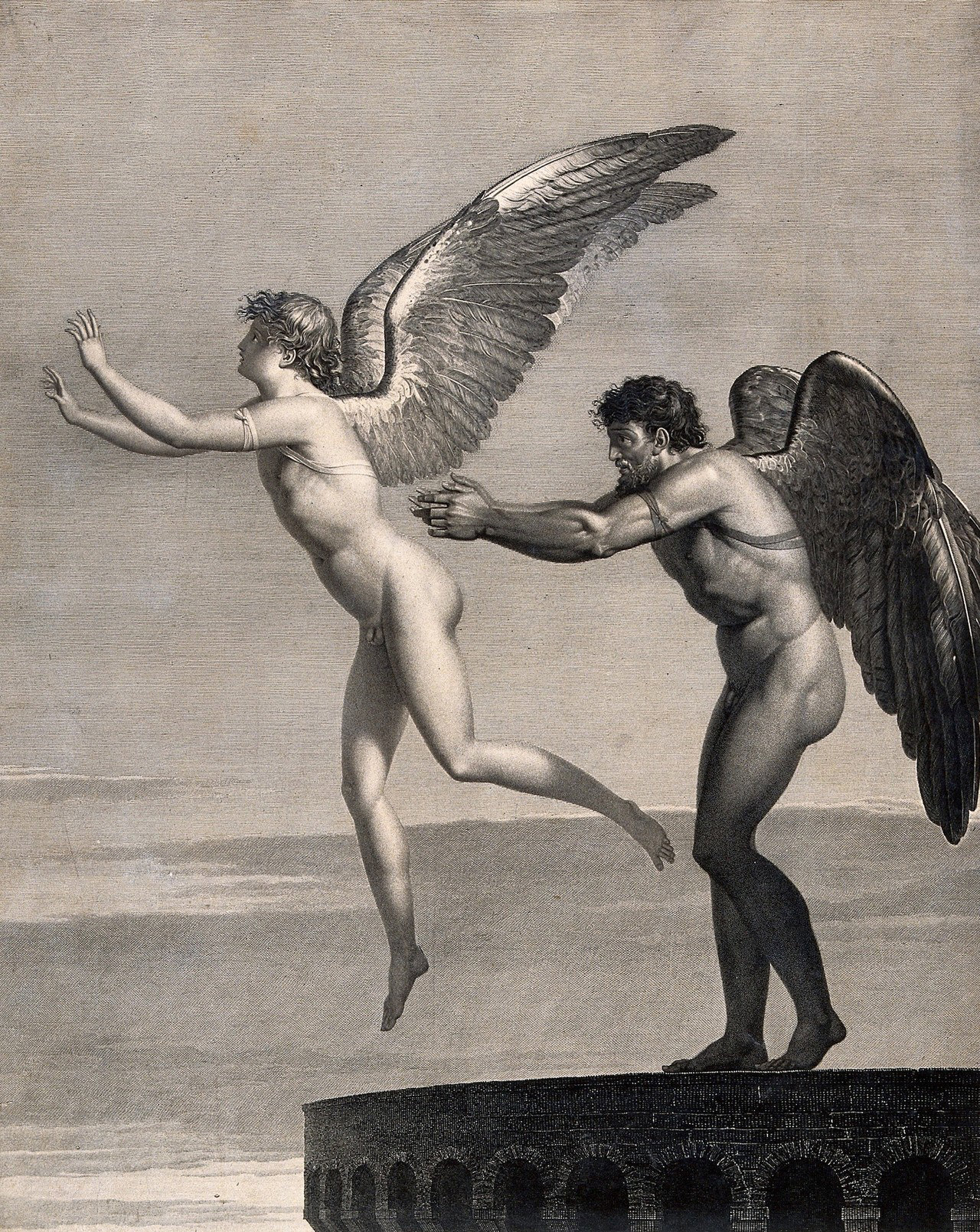
Our exponential time exudes the premonition[11] of the singularity — the mystico-tech term of the projected arrival point of evolution — a technological eschatology. Think of that other term that is used to describe the seeing of patterns everywhere — lovely apophenia — experienced not as the precursor of schizophrenia but as the eventuality of Google's and our own Alphabet’s destination.
where everyone will be content, and everything will be beautiful
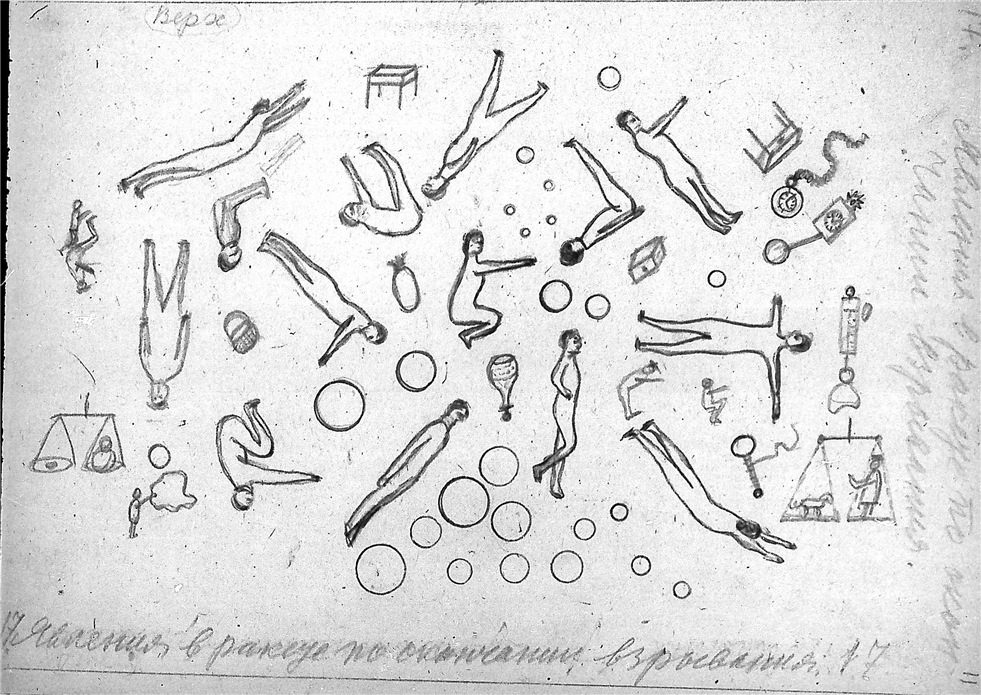
A not-yet future holding our momentous dreams is gestating outside the edge of our peripheral vision as we are witnessing a breach in the history of the human. The agony we hear all around us, that we have heard for many generations, is the struggle cries of this birth. Whether it is yet another false hope, a dystrophic collapse of justice and democracy or the actualized radiance of dawn, is yet another refracted uncertainty. The awareness of first light while still asleep, still in a falling nightmare.
We have the tools to envision and create not only a livable future, but one that is respectful and that furthers the diversity of life — by becoming answerable to the boundless creative and compassionate caring of an awakened humanity — woven as an intersecting alive[12] patterning of our collective will, empathy and co-evolution with our own world —and our own unknowable machines.
There is judicious ambiguity - or is it stereoscopic vision? - to the story of Pandora’s box of horrors. Its last content is expectation, is hope. Is hope our final leap into our own monstrosity?
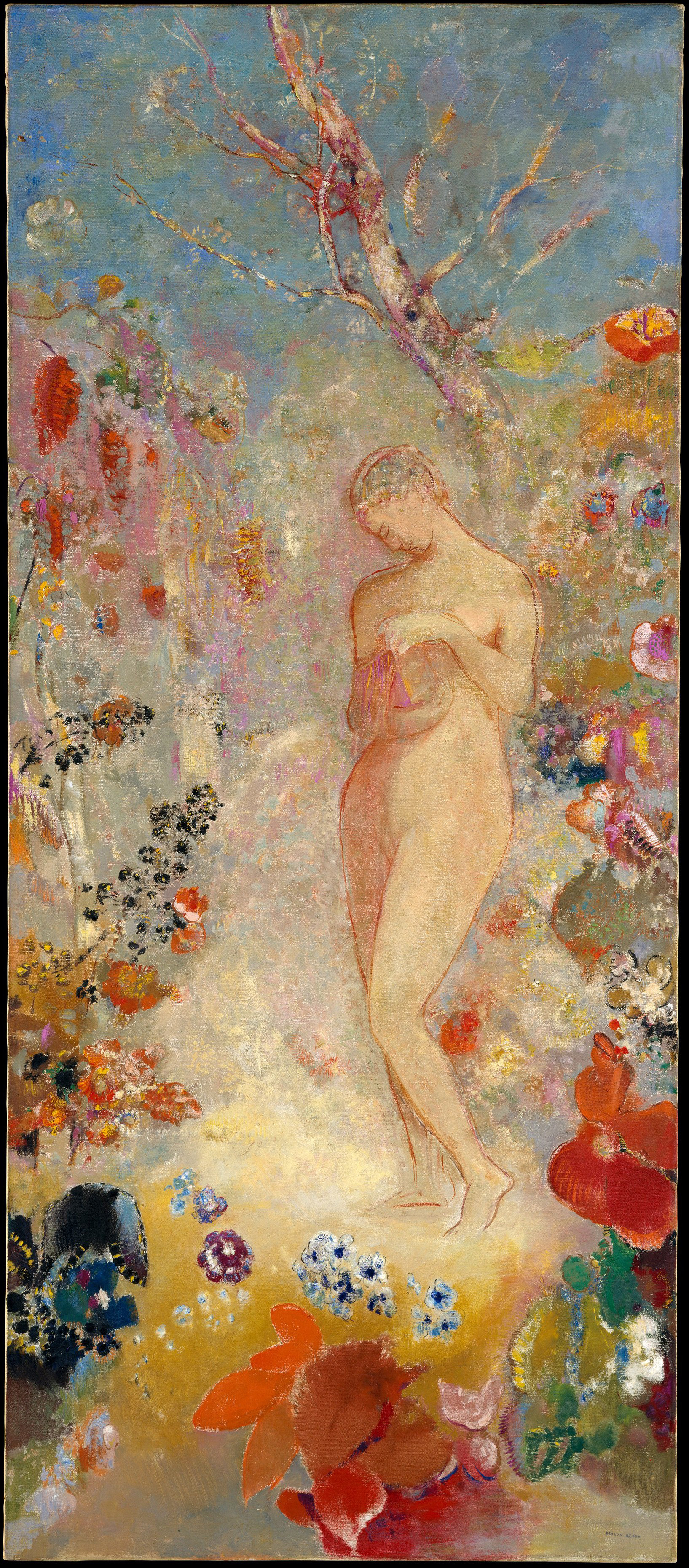
“What then is to be done? I haven’t sought my happiness; I have sought after truth. You will find here neither a revelation nor a prophet, but a simple deduction from the spectral analysis and cosmogony of Laplace. These two discoveries make us eternal. Is this a godsend? We should profit from it. Is it a mystification? We should resign ourselves to it.”
— Eternity Through the Stars, Auguste Blanqui, 1872.[13]
We, surrounded by the softness of darkness, look up towards the chaos and begin to link the flashes of these illuminations, these exclamations of energy, into patterns of our own imagination. We begin to read the world around us, and the narrative of our own gravity is formed; all projections of our own profound darkness seeking light, seeking meaning.
Many of the stars we see have long disappeared. They are no longer there, where our eyes see them. They are, like us, long dead to our own far descendants, but repeated, doubled, copied in them in an endless iteration, much like the vectors of a machine learning model.
Walter Benjamin: Stars are the letters of the cosmos, constellations our earliest words. “Reading - and therefore the possibility of knowledge in general - begins in the reading of stars.”[14]
The Earth is a word in the book of the cosmos.
“We belong to the copy.” said Blanqui in his “Eternity by the Stars,” which very much influenced Benjamin’s own seminal work, “The Work of Art in the Age of its Technological Reproducibility”. This another copy. A reproduction.
We ourselves are generative art and the possible can never be reduced to the real.
We have no means of saying where we are except in terms of our distance to other objects.
For a crucial and effective critique of AI statistical modelling, review Vladan Joler’s and Matteo Paquinelli’s nooscope.ai